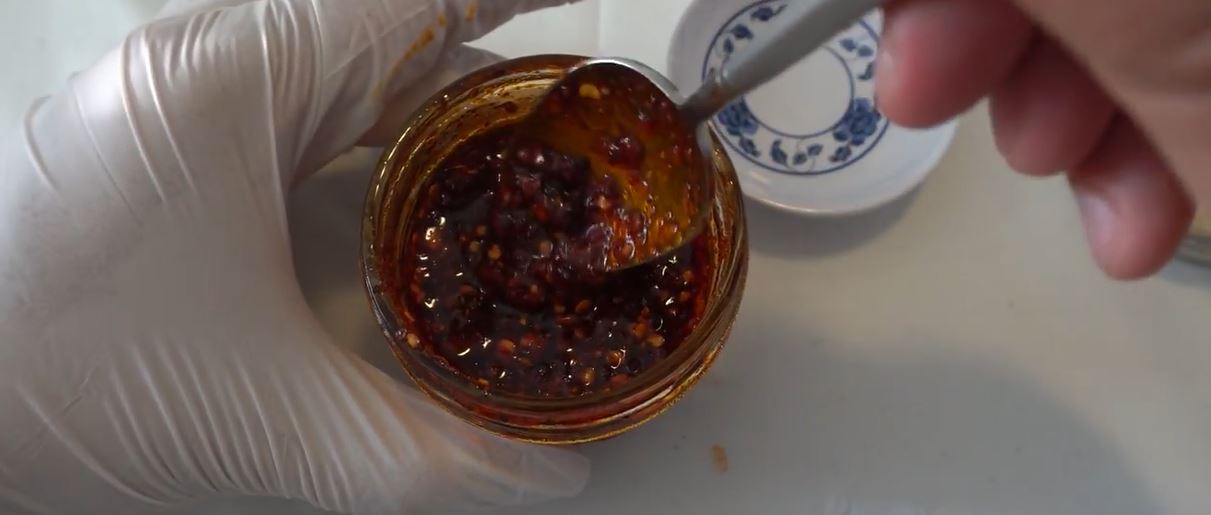Raccoon Repellent

To avoid the damage caused by raccoons, homeowners need to take steps to keep these wild animals off of their property. The first step should always be to remove things that are attracting the animals, such as pet food and garbage, but sometimes you need a little help in the form of raccoon repellent. There are numerous options to choose from, including sprays and granules you can buy online or in the store and homemade repellents.
Does It Work?
While there are dozens of raccoon repellents, if not more, none will actually work great. Some may do a good job for a short amount of time, but after a little bit, the animals will get used to them and simply ignore them. In other cases, a repellent may not even provide you with results at all. Certain repellents are more likely to work than others and your chances of success increase if you have removed possible food and shelter from your property. Although the repellents may not actually work, there is not usually any harm in trying them, unless of course they contain harsh chemicals or involve loud noises that will annoy you and your family.
Spices To Try
Some of the easiest and most affordable raccoon repellents to try are spices that you already have in your home. Cayenne pepper is considered an option for deterring raccoons as well as other animals, such as squirrels due to the presence of capsaicin. Simply mix some flakes of the pepper into water, adding a bit of liquid dish soap and spray it on plants or around your yard. If raccoons are eating fruit in your garden, you can follow the same solution, but swap out the cayenne pepper for black pepper. You can also try sprinkling dried garlic powder or crushed garlic cloves. Keep in mind that using any of these methods for too long will let the raccoons get used to them so you will need to switch occasionally.
One of the rare cases in which a spice like this may have a better chance of success is when applied directly to a surface. If, for example, you want the raccoon to stop climbing your fence, putting hot pepper oil there may deter them. The thing to remember, however, is that cayenne pepper frequently won't be spicy enough for this.
Raccoon Eviction Fluid
Although not completely effective, one of the repellents that will sometimes work and is used by professionals on occasion is raccoon eviction fluid. This is made using gland secretions and urine of adult male raccoons. The idea is that mother raccoons will smell this and fear that a male raccoon threatens the safety of their young and leave. Out of all of your options, this one is more likely to offer success.
Predator Urine
There are many raccoon repellents for sale that rely on predator urine. They work on the theory that the scent of a terrifying predator will scare away the raccoon, but it is actually very rarely effective. Chances of it working increase if it is pure urine and properly sourced, but even then, other options will be more effective.
Get A Pet
While predator urine may not work, sometimes getting a pet, such as a dog, will scare away the raccoon. Keep in mind that most raccoons won't stay away for long with this method and raccoons can pose a danger to pets, via disease or fighting. Therefore, you should never try getting a pet to scare away a raccoon unless you were already strongly considering getting an animal.
Ammonia Or Moth Balls
Both ammonia and moth balls are commonly suggested repellents for raccoons if you are looking for something you can make yourself or is affordable. Studies have shown that neither will work as raccoons won't typically make choices about where to live or get food based on a foul smell. The same is true of bleach, vinegar, and epsom salts, which are also commonly recommended. In fact, moth balls pose a risk by damaging the environment.
Human Hair
If you search for natural raccoon repellents or repellents for other wild animals, you will probably find human hair among the list. While it seems simply to just collect your shed hair from your brush and place it around your yard, it won't work. Keep in mind that your scent is already clearly present in your home, on your garbage, or by your pet food and that doesn't stop raccoons from eating these things or living in your attic.
Electronic Deterrents
In addition to spray and granular repellents, you will also find machines that claim to deter raccoons by emitting lights, sounds, or spraying water. Both machines that make high pitched sounds and strobing light machines haven't proven to affect raccoon behavior. Instead, experts think that any success from these methods is due to your presence while setting it up. Worst of all, despite the claims made, many humans can hear the sounds from the high pitched sound machines and find them very annoying.
Read the How to get rid of raccoons page for helpful information and to learn more about Raccoon Repellent

